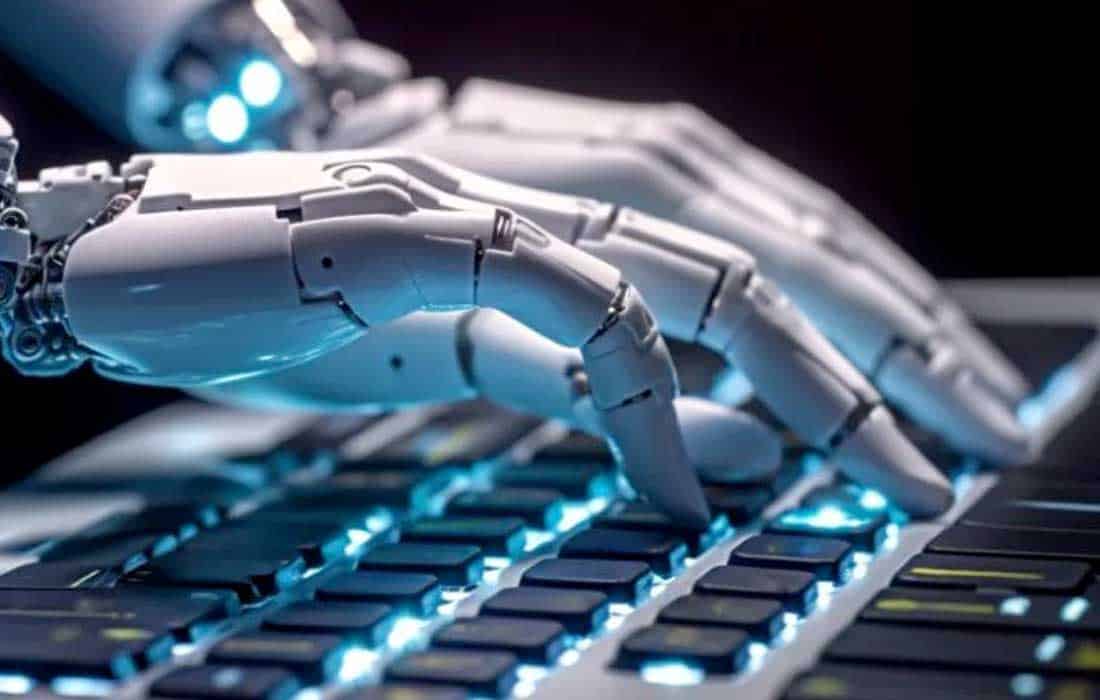GENEVA: Artificial intelligence could disrupt 40% of jobs worldwide, the United Nations Conference on Trade and Development (UNCTAD) has warned. While AI is revolutionising industries, it could also deepen inequalities and widen the gap between developed and developing economies.
The global AI market is expected to reach $4.8 trillion by 2033, comparable to Germany’s economy. However, knowledge-based sectors—not just blue-collar jobs—are most at risk, affecting advanced economies the most. Yet, wealthier nations are better equipped to adapt, while developing countries may struggle to compete.
UNCTAD highlighted that AI-driven automation tends to favour capital over labour, potentially reducing the competitive advantage of low-cost labour economies. The agency called for stronger international cooperation to shift AI’s focus from pure technological advancement to human-centric development.
Rebeca Grynspan, UNCTAD’s chief, stressed that while technological progress fuels economic growth, it doesn’t automatically create equal opportunities. In 2023, the frontier tech market—including blockchain, 5G, and AI—was valued at $2.5 trillion and is projected to soar to $16.4 trillion by 2033, with AI leading the charge.
However, AI expertise is concentrated in just a few nations. Only 100 firms, mainly in the US and China, dominate 40% of global R&D spending. UNCTAD urged governments to invest in digital infrastructure, reskill workforces, and strengthen AI governance to ensure AI drives sustainable development rather than mass job losses.
The UN also warned that 118 nations, mostly in the Global South, are excluded from AI governance discussions. It called for fairer global policies, ensuring AI benefits everyone—not just a few powerful economies.













